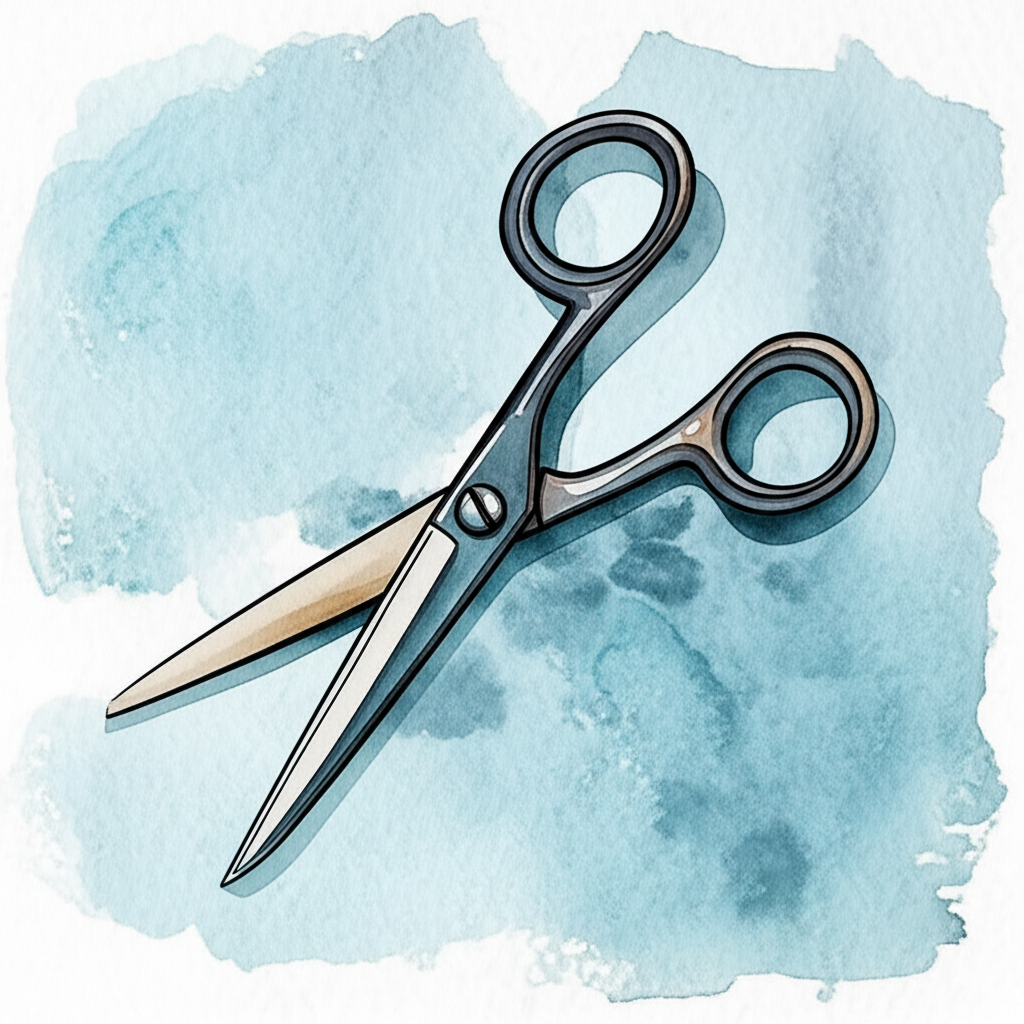
The start of a new year is often accompanied by a plethora of customs and rituals, all aimed at ensuring good fortune in the coming months. Among these, a particularly interesting superstition warns against using scissors on New Year’s Day, rooted in ancient beliefs about the symbolic power of everyday objects.
Historical Background: The significance of New Year celebrations can be traced back to ancient civilizations. The Romans, for example, made offerings and sacrifices throughout January to appease Janus, the god of beginnings, in hopes of securing a prosperous year. They exchanged gifts and believed that the commencement of any endeavor, particularly the new year, served as an omen for its future course. This belief fostered a culture where actions taken on the first day were thought to set the tone for the entire year.
Cultural Beliefs: This idea of the first day’s actions dictating the year’s fortune persisted into the Renaissance and remains in some forms even today. The notion was that activities and circumstances on January 1st (in countries using the Gregorian calendar) held significant weight. Homes needed to be well-stocked, fires consistently burning, and any activity associated with loss, scarcity, or misfortune strictly avoided.
The Symbolic Power of Scissors: The taboo surrounding scissors stems from their potent symbolism in folklore. Scissors were not simply tools for cutting fabric or paper; they were believed to possess the power to sever more than just physical materials. During the Middle Ages, scissors were even employed as a protective measure against witchcraft. They would be strategically placed near doorways to prevent witches from entering a home or concealed beneath cushions or rugs to disrupt a witch’s presence and force her to leave, unable to cast harmful spells.
Evolution of the Superstition: The protective qualities of scissors were thought to be amplified when left open in the shape of a cross. This configuration combined the perceived strength of the iron or steel blades with the divine protection of the crucifix. Consequently, wielding such a symbolically charged object on the first day of the year, even for a trivial task, was strongly discouraged. It was believed to risk ‘cutting off’ or diminishing the flow of good fortune intended for the coming year.
Modern Interpretations: While the belief in witchcraft and the direct power of scissors has waned, the superstition against using them on New Year’s Day persists in some communities. It represents a broader desire to avoid any action that might symbolically jeopardize the prospects for a positive year ahead. Though often taken with a grain of salt, adhering to this and similar superstitions remains a way to honor tradition and express hope for good fortune in the new year.